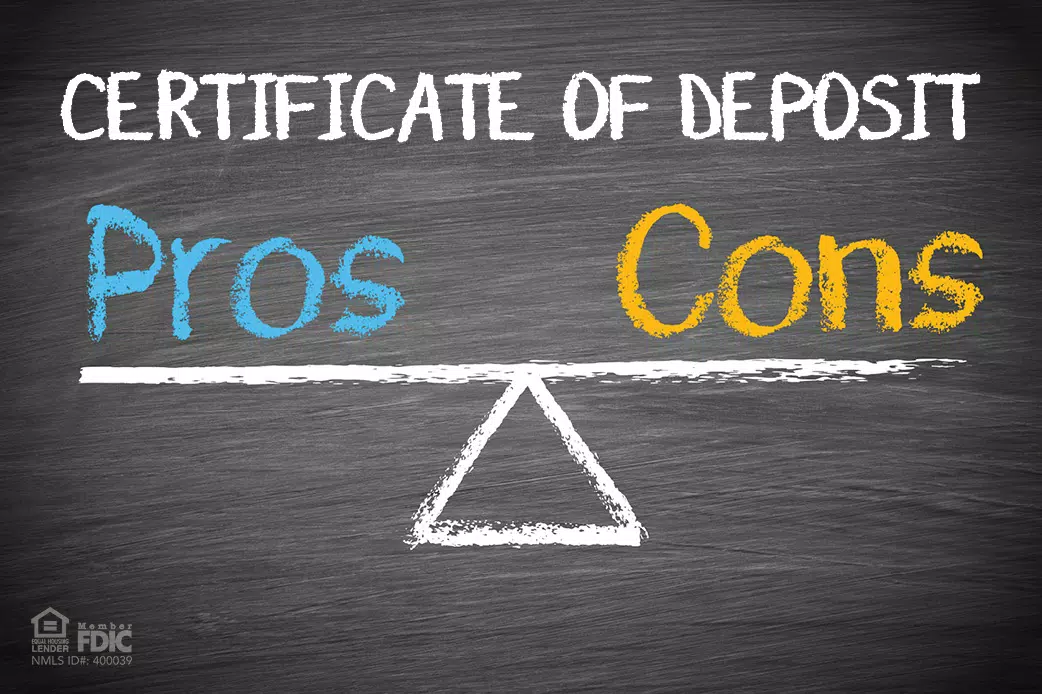If you have some money you don’t need access to for a while and want to earn more than what you would on a savings account, a CD might be right for you. Certificates of deposit are accounts that hold money for a set length of time. You are not allowed to withdraw from a CD until it matures. There are three kinds of CD interest rates that an account may generate: Simple interest, compounded interest, and annual percentage rate (APR), which are all explained below.
Interest Rates on CDs
The term or predetermined period for a CD to mature will vary. Generally, the longer the term, the more interest you can earn on a CD. Terms can be as short as three months or several years, depending on your choice. Factor this in when deciding on what CD will work best for you. You will also want to pay attention to the interest rate on the CD account. There are two ways that the interest is calculated on CDs:
Simple Interest—A CD that offers a simple interest rate will pay back the exact guaranteed rate attached to it. An example is a 12-month CD account that pays 5% interest. If you put down $1,000, you will receive $50 at the end of the 12-month timeframe. You get this amount by multiplying your $1,000 investment by 0.5%.
Compound interest – When a CD has a compound interest rate, you earn interest over time in set increments. Your earnings would differ if you invest that same $1,000 into a 12-month CD that pays compound interest each month. In the first month, you would earn $5 in interest, bringing the balance for the next month to $1,005. In the second month, you will receive $5.03 in interest. Each month increases as your balance earns interest on the last month’s total.
CDs as Investments
CDs are considered safe investment vehicles that are best for situations where you don’t want to risk losing your money. These investments are stable options for saving money for a future goal. For instance, if you plan to buy a house in the next two to three years, a CD may earn you a higher interest rate than other options. It should be used for amounts of money you won’t need in the immediate future since withdrawing it before it matures will result in a penalty.
CDs are also insured. Banks are covered by the Federal Deposit Insurance Corporation (FDIC), and credit unions by the National Credit Union Insurance Fund (NCUSIF), up to $250,000 if they fail.
Some investors will use “laddering” their CDs to reduce the drawbacks of having their money inaccessible for an extended period. Laddering allows investors penalty-free access to their cash, potentially more favorable interest rates, and an opportunity to earn more upon re-investment if interest rates rise. With laddering, you do the opposite of putting all your cash into one CD. The cash you have available to save is divided into multiple CDs of various terms. For example, say you would like to invest $20,000 in CDs. You divide the $20,000 into four equal parts of $5,000. Invest one portion into a one-year CD, the second into a two-year, the third into a three-year, and the final sum into a four-year CD.
If you want to open a CD, NASB has accounts available to watch your money grow with no maintenance fees safely. You can also call us at 855-338-0915 and speak to one of our experts who is here to help.




